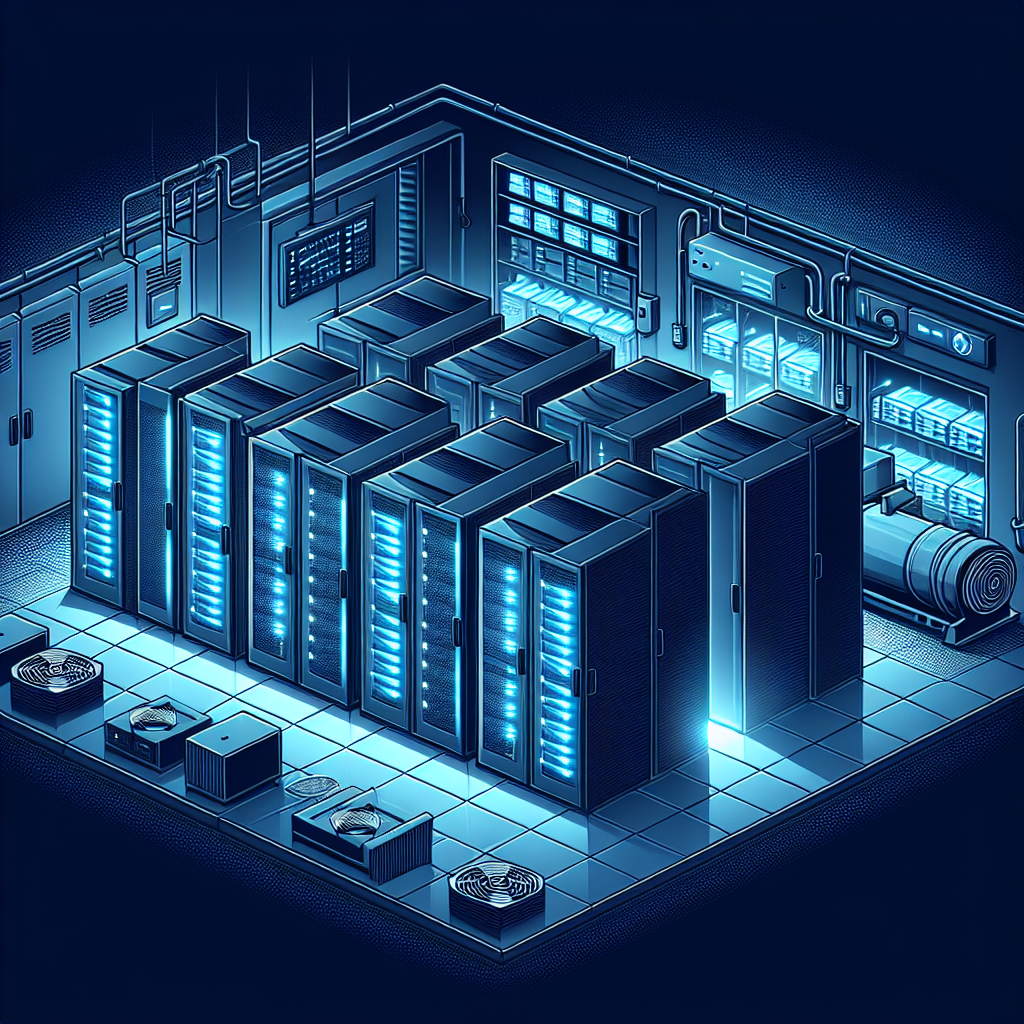Ensuring Data Center Resilience: The Role of Backup Generators
In today’s digital age, data centers are the backbone of businesses, organizations, and governments. These facilities house critical information and applications that are essential for daily operations. With the increasing reliance on data centers, ensuring their resilience and continuity is more important than ever.
One of the key components of data center resilience is backup generators. These generators provide a reliable source of power during outages or disruptions to the main power supply. In the event of a power failure, backup generators kick in seamlessly to keep the data center operational and prevent any data loss or downtime.
Backup generators play a crucial role in ensuring data center resilience for several reasons. Firstly, they provide a reliable and continuous power supply, which is essential for keeping servers, networking equipment, and cooling systems running smoothly. This helps prevent any disruptions to services and ensures that critical data and applications remain accessible.
Secondly, backup generators offer a level of redundancy that is essential for mitigating risks. By having a secondary power source in place, data centers can continue to operate even in the event of a primary power failure. This redundancy helps to minimize the impact of power outages and ensures that data center operations remain uninterrupted.
Furthermore, backup generators are designed to provide power for extended periods of time, ranging from a few hours to several days, depending on the fuel capacity and load requirements. This extended runtime ensures that data centers can continue to function even during prolonged outages, giving organizations peace of mind knowing that their critical systems are protected.
In addition, backup generators are equipped with automatic transfer switches that detect power failures and switch to generator power within seconds. This seamless transition helps to minimize downtime and ensures that data center operations are not impacted by power disruptions.
To ensure the effectiveness of backup generators, data center operators must regularly test and maintain these systems. Routine maintenance and testing help identify any issues or potential failures before they occur, ensuring that backup generators are ready to kick in when needed.
In conclusion, backup generators play a crucial role in ensuring data center resilience by providing a reliable and continuous source of power during outages. These systems offer a level of redundancy, extended runtime, and seamless transition that are essential for maintaining data center operations and preventing downtime. By investing in backup generators and ensuring their proper maintenance, organizations can protect their critical data and applications and maintain business continuity in the face of power disruptions.


